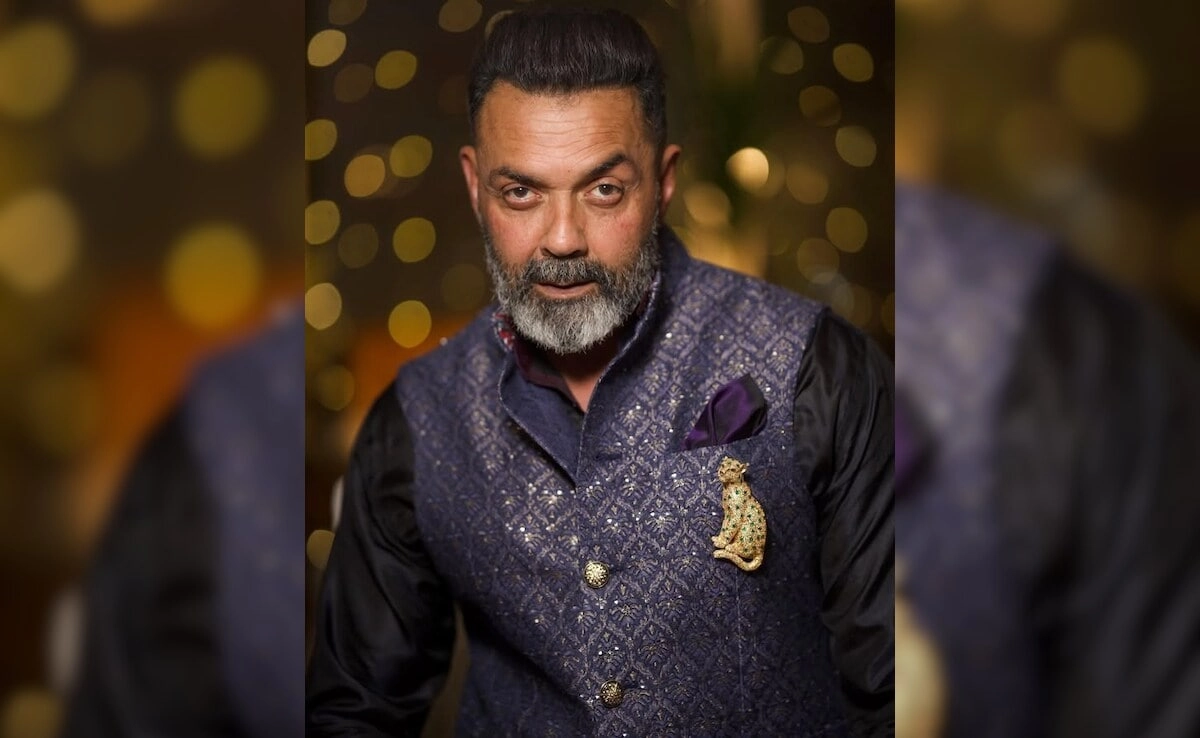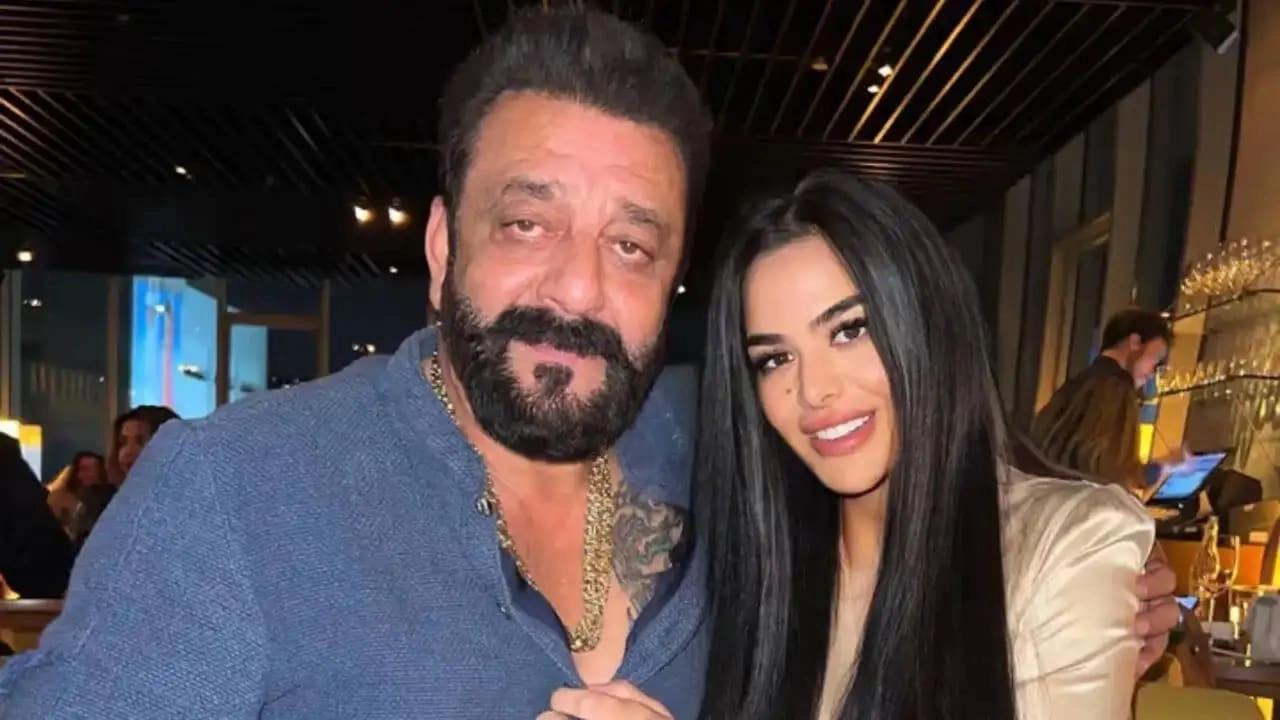The Indian film industry has recently voiced a strong appeal to Prime Minister Narendra Modi, urging the government to impose a ban on the digital presence of Pakistani artists in India. This call for action stems from heightened tensions between the two countries and is reflective of the broader socio-political sentiments prevailing in India. Many stakeholders in the film industry argue that allowing Pakistani artists to thrive on Indian platforms undermines national sentiment and the sacrifices made by armed forces in the ongoing conflict with Pakistan. The desire for a ban highlights a growing trend within India to prioritize national security and cultural identity over artistic collaboration.
Supporters of the ban believe that Pakistani artists should not be allowed to benefit from Indian audiences while their home country continues to engage in activities perceived as hostile towards India. They argue that the entertainment industry should serve as an extension of national pride and that promoting Pakistani artists could be seen as an affront to Indian sovereignty. This perspective has gained traction, particularly among audiences who feel that cultural exchanges should reflect mutual respect and understanding, particularly in light of historical grievances.
Opponents of the ban, however, argue that art knows no borders and that creativity should not be stifled due to political disagreements. They contend that banning Pakistani artists will only limit the artistic landscape in India, depriving audiences of diverse narratives and performances that enrich the cultural fabric of the nation. Furthermore, many artists and creators believe that collaboration can pave the way for improved relations between the two countries, fostering dialogue and understanding through shared artistic endeavors.
The debate surrounding the presence of Pakistani artists in India is emblematic of the complexities of cultural diplomacy in a politically charged environment. As the film industry grapples with questions of nationalism, identity, and artistic freedom, the outcome of this appeal to Prime Minister Modi could set a significant precedent for how cultural exchanges are approached in the future. It raises critical questions about the role of art in times of conflict and the responsibilities of artists in navigating sensitive political landscapes. Ultimately, the resolution of this issue will likely reflect broader societal attitudes towards nationalism and cultural identity in an increasingly globalized world.




